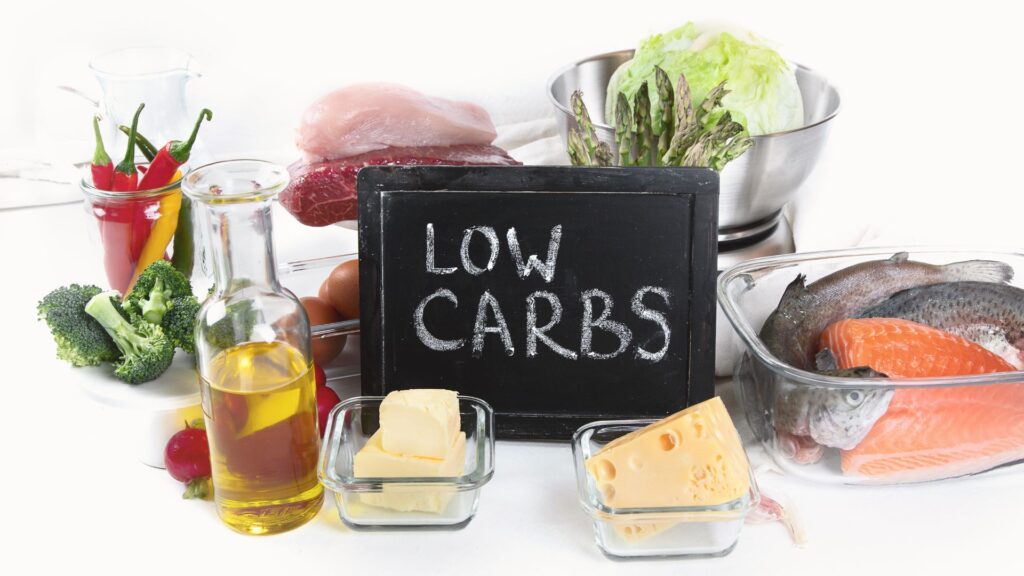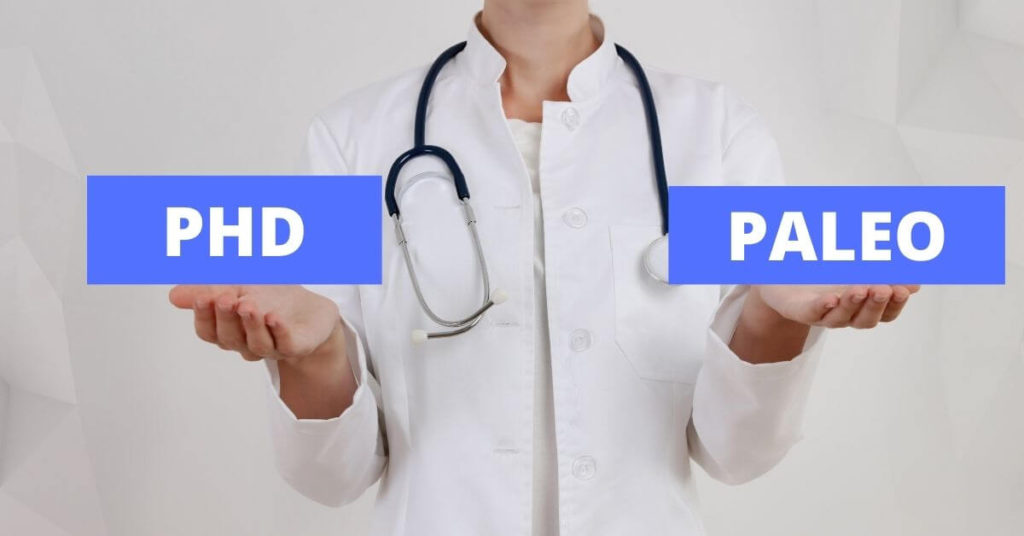As we continue to navigate the complexities of modern life, one thing has become abundantly clear: our diets are killing us.
The Western diet, full of processed foods, refined sugars, and unhealthy fats, has led to an epidemic of chronic diseases, including heart disease, type 2 diabetes, and obesity.
But it doesn’t have to be this way. By returning to a proper human diet, we can optimize our health and well-being, both physically and mentally.
Understanding the Benefits of Eating a Proper Human Diet

What is a proper human diet, you ask? Simply put, it’s the diet that our ancestors ate for millions of years before the advent of agriculture and processed foods.
It’s a diet that’s rich in nutrient-dense, whole foods, including meat, fish, eggs, fruits, and vegetables.
It’s a diet that’s low in carbohydrates and free from processed sugars, grains, and vegetable oils. And it’s a diet that’s sustainable, both for our bodies and for the planet.
Why the Standard American Diet is a Prisoner Diet
So why are so many people still eating a slave diet, a prisoner diet, or a fallback food diet? Why are we still being told to eat lots of rice, beans, wheat, and pea protein when we know from archeology and anthropology that these are the diets of poverty, starvation, and slavery?
The answer, unfortunately, is that there are people in positions of power who are more interested in profits than in people’s health.
But we can take back our health. We can reclaim our bodies and our minds. And it starts with what we put on our plates.
How to Lower A1C Levels with a Proper Human Diet

If you’re suffering from metabolic disease, such as type 2 diabetes, the first step is to lower the amount of daily carbohydrates that you eat each day.
Calculate how many total carbohydrates you’re eating a day, and you might be shocked to find that you’re eating 200, 300, or even 400 total grams of carbs a day.
As long as you do that, you’re going to have an elevated A1C, which increases your risk of all kinds of disastrous complications. Instead, focus on a diet that’s rich in healthy fats, protein, and non-starchy vegetables.
Eating this way can help lower your blood sugar, improve your insulin sensitivity, and ultimately reverse your metabolic disease.
Understanding the Benefits of Eating a Proper Human Diet
But the benefits of a proper human diet go far beyond just reversing chronic diseases.
Studies have shown that eating a diet rich in whole, nutrient-dense foods can improve our cognitive function, boost our mood, and even reduce our risk of developing neurodegenerative diseases such as Alzheimer’s.
And contrary to popular belief, a proper human diet is not only affordable, but it can also be delicious.
Instead of spending half of your grocery money on cookies and candy and bread and chips and soft drinks, invest in nutrient-dense whole foods that will nourish your body and your soul.
And if you’re on a tight budget, remember that you can still eat keto or carnivore out of a gas station if you choose carefully.
Of course, changing your diet can be daunting, especially if you’re used to eating the typical Western diet. But the good news is that there’s a growing community of people who are embracing the proper human diet and supporting each other on their journeys.
A proper human diet is not a fad diet, a trendy diet, or a restrictive diet. It’s simply a return to the way that humans have been eating for millions of years before the advent of processed foods and chronic diseases.
By focusing on whole, nutrient-dense foods and avoiding the foods that are making us sick, we can optimize our health and well-being, both physically and mentally.
If you’re interested in learning more about the optimal way to nourish your body, I highly recommend checking out our in-depth article, The Ultimate Guide to the Proper Human Diet. It offers valuable insights and tips on how to maintain a well-balanced and healthy lifestyle.
How Eating Meat and Creatine Supplements Affect Creatinine Levels in CKD
Individuals with chronic kidney disease (CKD) are often advised to monitor their creatinine levels, as this molecule is a byproduct of muscle metabolism that is filtered out of the blood by the kidneys.
High levels of creatinine in the blood can be a sign of reduced kidney function, as the kidneys may not be able to clear it from the body effectively.
Some research suggests that consuming meat or taking creatine supplements can raise creatinine levels, potentially leading to a misdiagnosis of kidney disease or a false alarm about kidney function decline.
However, it’s important to note that elevated creatinine levels can also be caused by factors such as dehydration, muscle injury, or certain medications and may not necessarily indicate kidney damage.
Therefore, it’s important to discuss any concerns about creatinine levels with a healthcare provider who can interpret the results in the context of a person’s overall health status and medical history.
For those looking to dive deeper into the world of nutrition and well-being, our comprehensive list of recommended books on the Proper Human Diet is a fantastic resource. Explore a variety of informative titles that can help you better understand and implement the principles of a healthy lifestyle.
The Role of Diet in Kidney Health
While creatinine levels can be affected by various factors, including dietary choices, following a healthy diet can have a positive impact on kidney health in individuals with or without CKD.
A low-carbohydrate, high-fat diet that emphasizes whole, unprocessed foods and limits added sugars and refined grains may be particularly beneficial for kidney health, as it can help reduce inflammation, improve metabolic function, and promote weight loss.
This type of diet has been shown to improve various markers of kidney function, such as proteinuria (protein in the urine) and glomerular filtration rate (GFR), in some studies.
However, individual dietary needs may vary depending on factors such as age, sex, weight, physical activity, and medical history.
It’s important to work with a healthcare provider or registered dietitian to develop a personalized nutrition plan that meets one’s individual needs and goals while supporting kidney health.
Conclusion
Creatinine levels can be affected by various factors, including meat consumption and creatine supplements, but elevated levels do not necessarily indicate kidney disease. A healthy diet that emphasizes whole, unprocessed foods and limits added sugars and refined grains might benefit kidney health, but it’s important to work with a healthcare provider to develop a personalized nutrition plan that meets individual needs and supports overall health.
Disclaimer: This article does not contain medical advice. It aims to help individuals enhance their understanding of health and explore methods to maintain wellness and prevent health issues. It is essential to collaborate with your healthcare provider to monitor your health and medications.
The content of these posts and articles is not intended to serve as medical advice, professional diagnosis, opinion, treatment, or services for you or anyone else. As an Amazon Affiliate, I receive earnings from purchases made.
If you’re looking to optimize your health through nutrition, be sure to check out our comprehensive resource: The Ultimate Guide to the Proper Human Diet. This article breaks down everything you need to know about eating well for a healthier, happier life.


